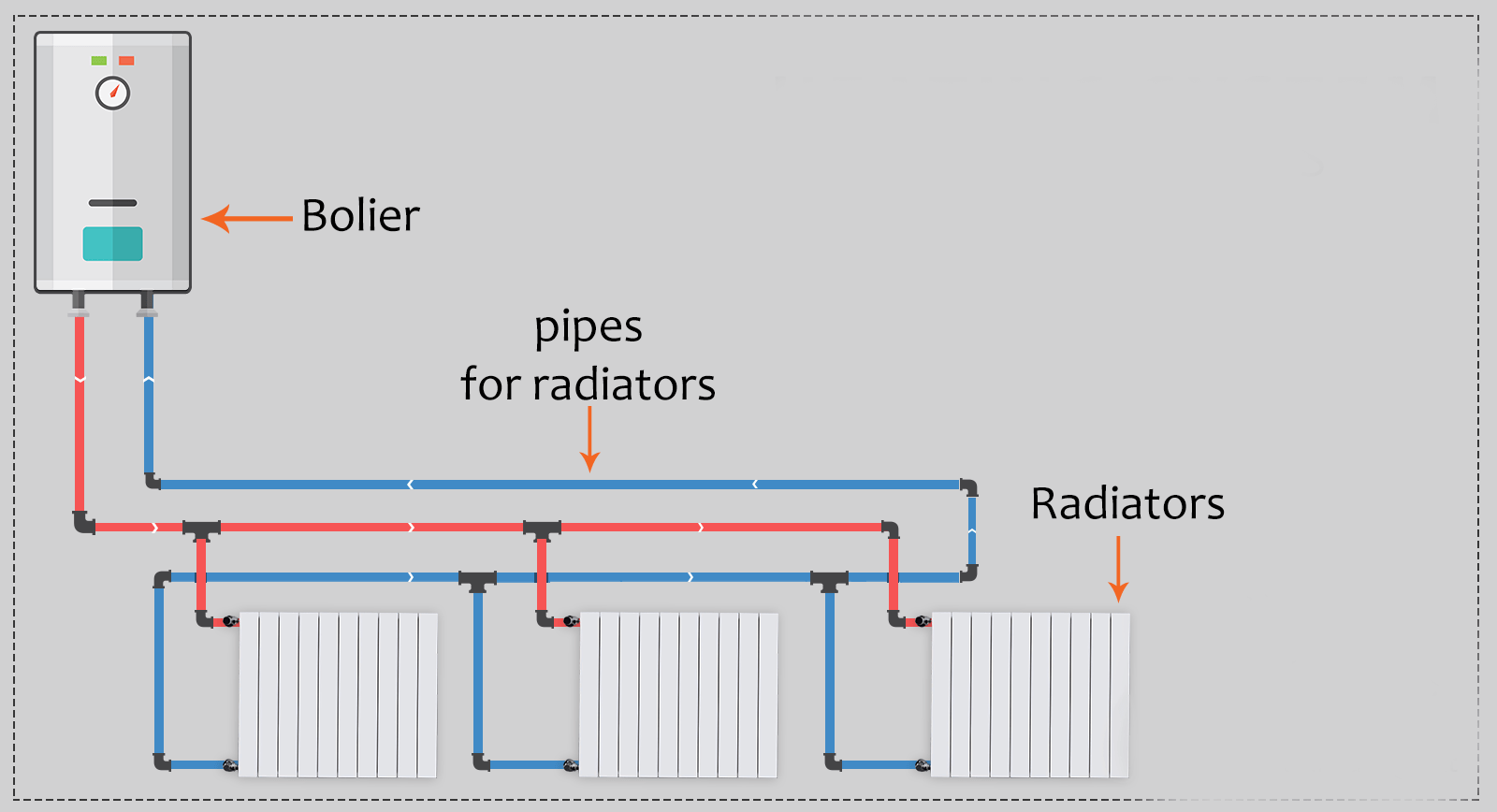5 Essential Tips for DIY Boiler Repair
5 Essential Suggestions for DIY Boiler Repair Boilers are an essential section of any house, offering warmth and hot water for your everyday demands. When your boiler breaks down, it may be a true headache, not really to point out an expensive one. But fear not really! https://www.google.com/maps?cid=7038039694674246305 With a small bit of know-how and some useful ideas, you can save yourself time, money, and stress by tackling the problem yourself. 1. Basic safety Initial: Before you even think about starting a DIY boiler repair, always prioritize protection. Make sure to change off the boiler and disconnect it from the power source. Don't ignore to change off the gas supply while well. Constantly wear protective equipment such seeing that gloves and goggles to prevent any accidents. Your protection should become the amount one priority. 2. Diagnose the Problem: The following stage in your DIY boiler fix is to identify the concern. Is usually it a leak No heat Strange sounds By understanding the problem, you can thin down the feasible causes and discover the appropriate alternative. Examine for obvious symptoms, such as drinking water puddles or a lack of pressure. If you're unsure, consult your boiler's manual or reach out to a professional for advice. 3. Gather the Right Tools: A useful DIYer always offers the right equipment on hands. Invest in a simple toolkit that contains a wrench, screwdrivers, pliers, and a multimeter. These tools will arrive in helpful for various fix tasks, such as tightening loose contacts, replacing faulty parts, or testing electric circuits. Having the correct tools will save you time and stress in the long run. 4. Seek Expert Assistance: While DIY boiler repair may be empowering, there are limitations to what you may deal with. If you're unsure about any factor of the repair procedure or if the issue seems too complex, it's necessary to seek professional advice. Professional boiler engineers have the expertise and knowledge to diagnose and repair more complicated issues safely. Don't hesitate to contact in the specialists when needed – it could save you from making costly mistakes. 5. Regular Maintenance: Prevention is usually better than treatment, and this rings accurate for boilers as well. Regular maintenance is usually key to keeping your boiler in great operating condition and avoiding unforeseen breakdowns. Timetable annual servicing by a certified engineer who may detect and address any potential problems before they escalate. Additionally, keep an attention on the pressure gauge and the pilot light. If you see any abnormalities, take immediate action. Today that you're armed with these necessary ideas for DIY boiler restoration, you're prepared to deal with any boiler issue that comes your method. Remember, protection should always be your top priority, and if in doubt, don't hesitate to seek expert information. With the right tools and knowledge, you can conserve yourself time, money, and tension while making sure your house remains warm and comfortable. Growing on the Subject: 1. Boiler Drip Detection: Leakages are a common however tricky issue when it comes to boilers. They may cause harm to surrounding structures and lead to costly maintenance. Identifying the source of a drip requires a keen attention and a systematic approach. Begin by checking all noticeable pipes and connections for indicators of dampness or corrosion. If the leak persists, it may be necessary to disassemble certain parts to gain access to hidden areas. Remember to always wear protective gear and take required precautions when functioning with leakages. 2. Troubleshooting Heating Issues: Can be your boiler declining to provide sufficient heat Several factors can be responsible for this issue. Examine the thermostat to make sure it is set to the preferred temperature and functioning properly. Additionally, inspect the radiators, bleed them if required, and make certain they are not really obstructed by furniture or curtains. If non-e of these methods solve the concern, it may be period to examine the boiler's parts, such as the pump, valves, or electric motor, which could be malfunctioning. 3. Dealing with Noisy Boilers: Unusual noises coming from your boiler may indicate underlying problems. Rattling, banging, or whistling noises are often associated with limescale buildup, trapped air flow, or faulty parts. Begin by bleeding the radiators to release trapped air. If the sound persists, it may be necessary to descale the boiler using an appropriate descaling remedy. In some situations, you may need to replace worn-out or faulty elements, such while the lover or warmth exchanger. 4. Dealing with Pilot Light Issues: The pilot light is a crucial component of a boiler, accountable for igniting the burner to produce warmth. If the pilot light will go out, the boiler will fail to function. Verify the pilot light to guarantee it is certainly lit and the fire is steady and blue. If the light keeps going out, there may be an issue with the thermocouple or gas supply. Clean the thermocouple or replace it if necessary. If the issue persists, it's best to consult a professional as coping with gas-related issues requires knowledge and caution. 5. Preserving Effectiveness: A well-maintained boiler also means improved energy efficiency, which can conserve you money on utility bills. Frequently clean the boiler's heat exchanger and guarantee it is free of charge from particles or sediment buildup. Insulate open pipes to minimize heat loss. Consider installing a programmable thermostat or a smart heating program to optimize your energy utilization. By staying proactive and applying these procedures, you may maximize your boiler's performance and reduce your carbon footprint. By pursuing these suggestions and growing your DIY boiler restoration knowledge, you can deal with a wide range of problems and make certain your boiler is usually working efficiently. Keep in mind, a small proactive maintenance can go a lengthy way in keeping your home warm and cozy. 